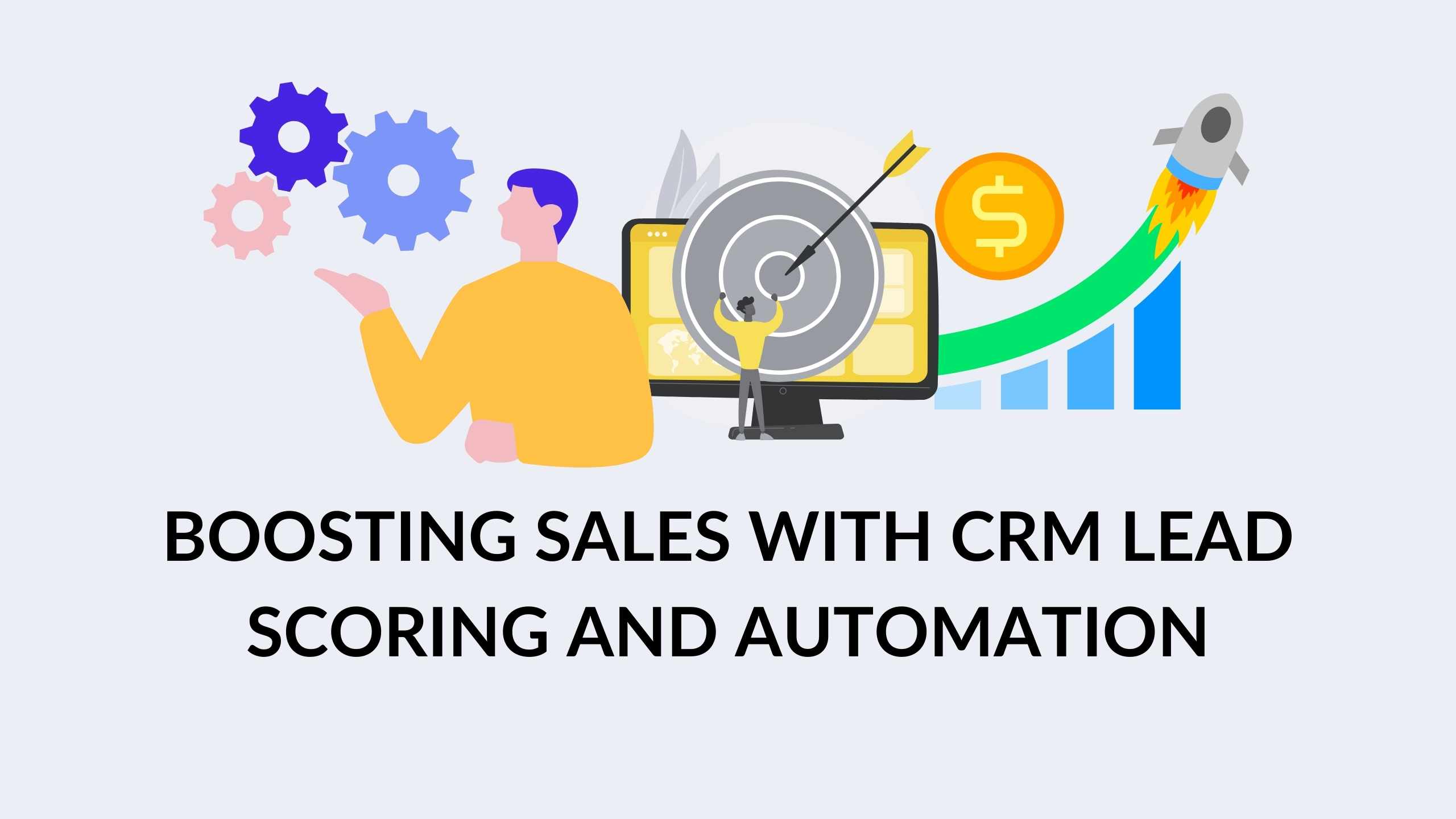Boosting Sales with CRM Lead Scoring and Automation
- Proposal Software Customer Relationship Management


Unlocking Sales Success: A Comprehensive Guide to Automated Lead Scoring and CRM Efficiency
In the fast-paced world of digital marketing, understanding and harnessing the power of Automated Lead Scoring can significantly impact your sales and revenue. This article will delve into the depths of what Automated Lead Scoring is and why it’s crucial for businesses, especially in the realm of Customer Relationship Management (CRM).
What is Automated Lead Scoring?
Automated lead scoring is the strategic process of evaluating and prioritizing generated leads based on specific criteria. By assigning scores to various engagement activities, businesses can gauge a lead’s potential as a customer. This involves real-time tracking of website interactions, such as newsletter sign-ups, pricing page visits, and more, coupled with demographic attributes for a more comprehensive qualification.
Why is Automated Lead Scoring Important?
Automated lead scoring is a game-changer for revenue generation. According to leading marketers, 68% consider lead scoring a top contributor to revenue. Let’s explore the key reasons:
1. Boost Work Efficiency:
Automated lead scoring empowers sales representatives to pinpoint sales-worthy leads efficiently. This precision enhances conversion rates by focusing efforts on leads that truly matter.
2. Time-saving:
Manual lead tracking is time-consuming and prone to errors. Automating this process not only saves time but ensures accuracy in identifying leads requiring attention.
3. Increased Accuracy:
By relying on data and analytics, lead scoring eliminates guesswork, providing a more accurate representation of a lead’s potential.
How to Set Up Automated Lead Scoring: A Step-by-Step Guide
Setting up an effective lead scoring system involves careful planning. Let’s break down the process:
Step 1: Identify Potential Customer Behavior
Understanding what makes a lead an ideal customer is the foundation. Analyze their journey from website exploration to key actions like product webinars and free trials.
Step 2: Define Criteria for Lead Scoring Model
Collaborate with sales and marketing teams to define criteria based on buyer persona and ideal customer behavior. Include qualifying and disqualifying criteria for a holistic approach.
Step 3: Assign Point Values to Actions
Specify scores for each brand engagement activity on a scale of 1-100. Higher scores indicate a higher likelihood of buying intent, helping prioritize leads effectively.
Step 4: Specify the Lowest Qualification Score
Set a threshold score for lead qualification. Prospects scoring higher are deemed more likely to move down the sales funnel.
Step 5: Leverage a Lead Scoring Software
Introduce lead-scoring software to automate and streamline the process. This provides valuable insights into lead worthiness, buying intent, and closing opportunities.
Step 6: Assess and Modify the Lead Score
Regularly assess and modify the lead scoring model based on a better understanding of the target audience. Collaborate with sales and marketing teams for optimization.
Automated Lead Scoring with Salesmate: A Powerful Solution
Salesmate, a robust CRM and Marketing Automation platform, offers an intuitive lead scoring feature, “Salesmate Score.” This tool identifies high-quality leads, allowing for easy modification and customization.
Conclusion:
Automating lead scoring is a powerful strategy that not only saves time but also enhances the overall efficiency of your sales team. With tools like Salesmate, businesses can seamlessly manage leads, nurture them with personalized campaigns, and make data-driven decisions for sustained success.
Related Resources:
- Automating the Lead Qualification Process: Boost Your Sales Efficiency
- Sales Performance with Lead Scoring
- Harness the Power of HubSpot CRM’s Lead Scoring Automation to Optimize
- What is Lead Scoring and How Can It Boost Conversions?
- Lead Scoring: Boosting Sales with Effective Lead Scoring in CRM








